Uncarina Roeoesliana Seeds pack of 5 seeds
₹199.00
Out of stock
Email when stock available
Uncarina Roeoesliana Description: Uncarina roeoesliana is a deciduous tropical shrub to 2 m tall, and the plant develops a nice irregular caudex at the base. It has the smallest flowers of all the Uncarina species presently known and appears to be related to Uncarina decaryi and Uncarina grandidieri. The many flowers are yellow with green centres and are shaped like those of petunias.
Stem: Stout, that becomes thickened with age. Stems may ultimately attain a height of 2 meters.
Leaves: There are two very distinct leaf forms: entire (subcordate) or (3-)5-lobed and more or less incised. They are finely hairy, soft, velvety and sticky to the touch. The leaves are deciduous during the winter resting season.
Flowers: Bright yellow flowers with with a green throat.
Blooming season: Warmer months.
Fruit: The fruit (capsules) are approx 3.5-5 cm long, bizarre looking with small inwardly pointed sticky “horns” looking like small hooked harpoons. They stick to about anything, using miscoscopic hooks on the end of each “horn”, so don’t touch this fruit unless you want to spend some time trying to remove it from your fingers.
Cultivation and Propagation: Uncarinias are easy to grow heat resistant plant, which grow better than the average. Their attractiveness is further enhanced because they will flourish very easily in any pseudo-tropical environment. It can tolerate neglect, and as soon as you pay it a little attention (like repotting or fertilizing) it recovers and puts out plentiful new growth. They will tolerate intense heat and sun, when provided with adequate water, but must be protected from frost.
Growth rate: These plants can grow quite quickly if provided with adequate water, warmth and root run.
Soil: It needs a rich, very well drained potting medium (add pumice, vulcanite, and perlite).
Waterings: It should be watered plentifully in Summer and kept drier in Winter. This species like all Uncarinias, is sensitive to excess moisture, and should be kept on the dry side. It rot easily and do not like any water when it has no leaves.
Be the first to review “Uncarina Roeoesliana Seeds pack of 5 seeds” Cancel reply
You must be logged in to post a review.
Related products
cactus and succulent seeds
Gymnocalycium mihanovichii LB2178 Rare cactus seed pack of 10 seeds
cactus and succulent seeds
cactus and succulent seeds
Monilaria moniliformis rare Succulent Microscopic pack of 20 seeds



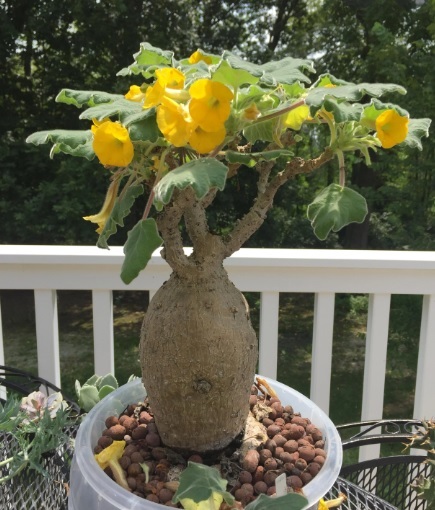
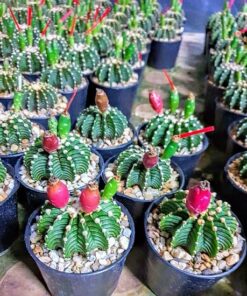
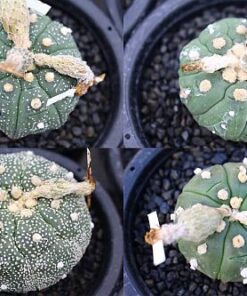
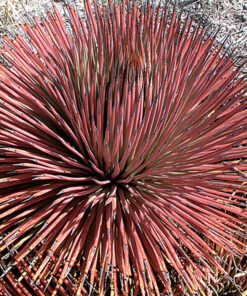
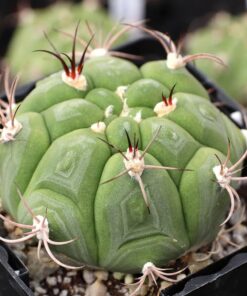
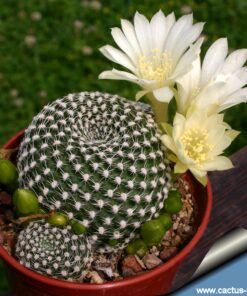

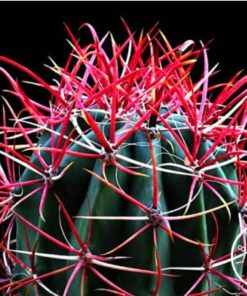
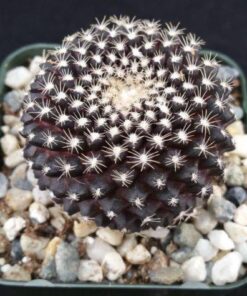
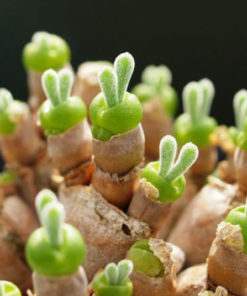
Reviews
There are no reviews yet.